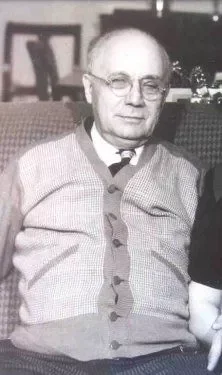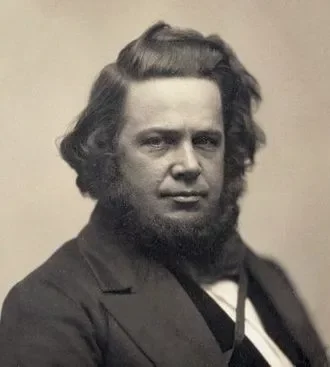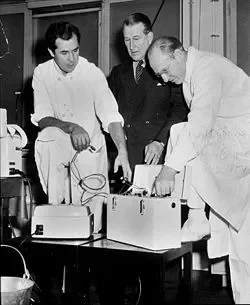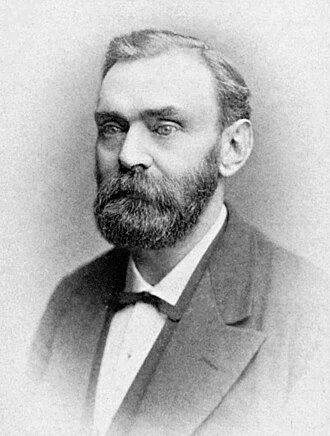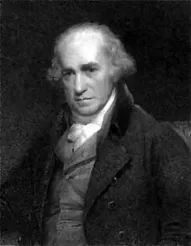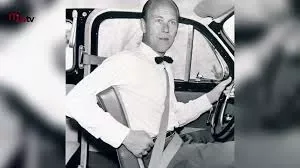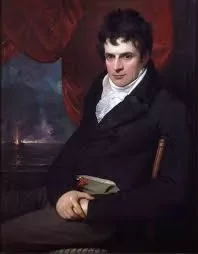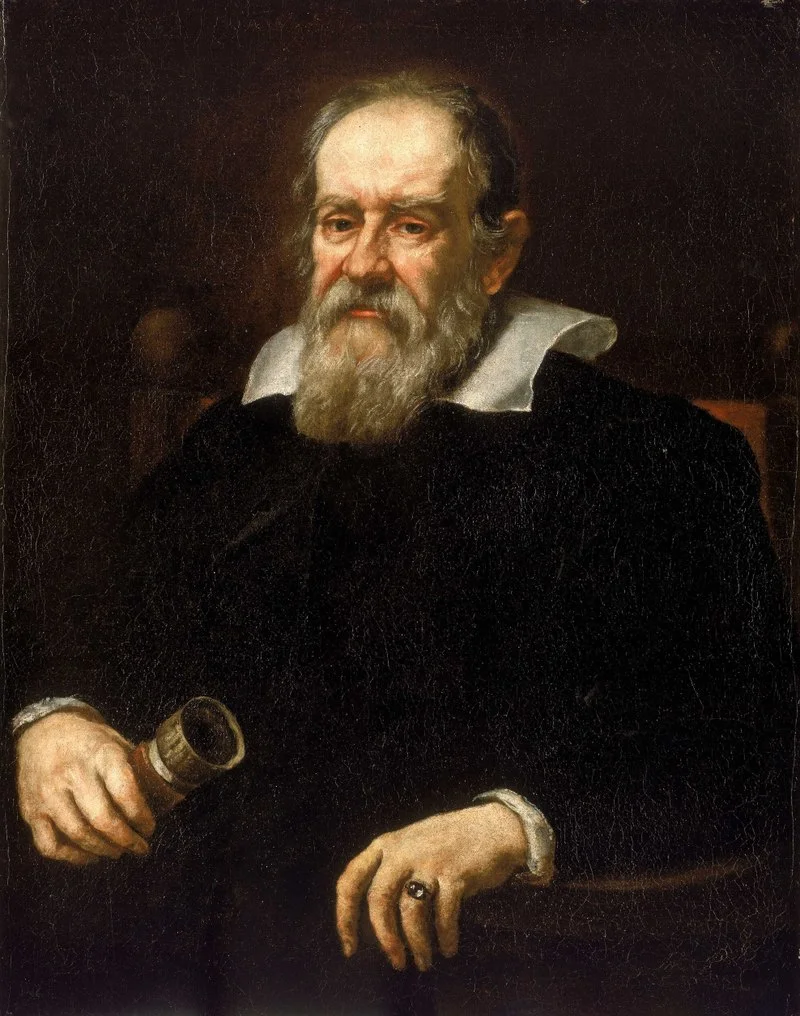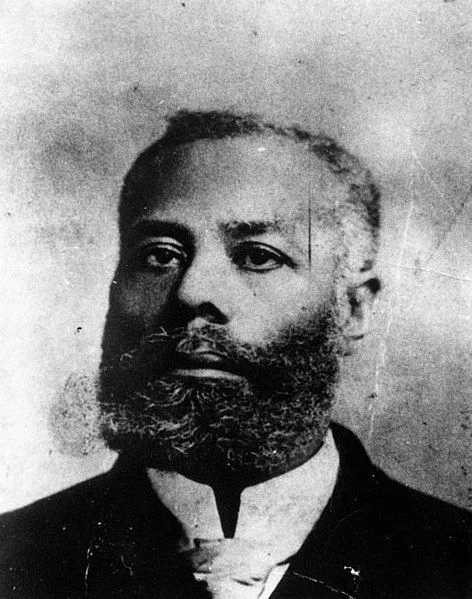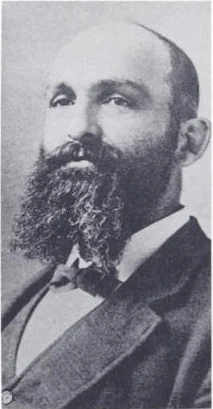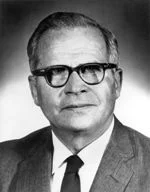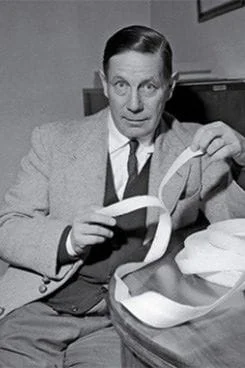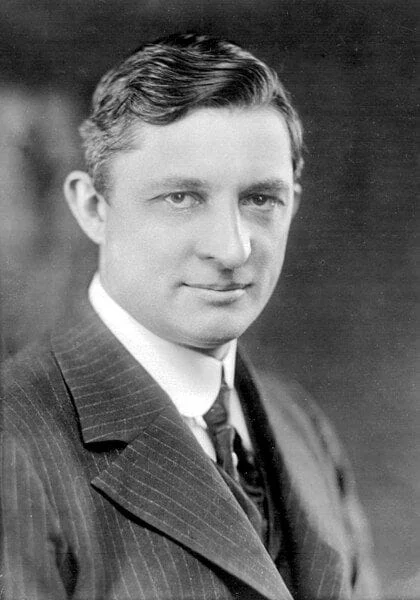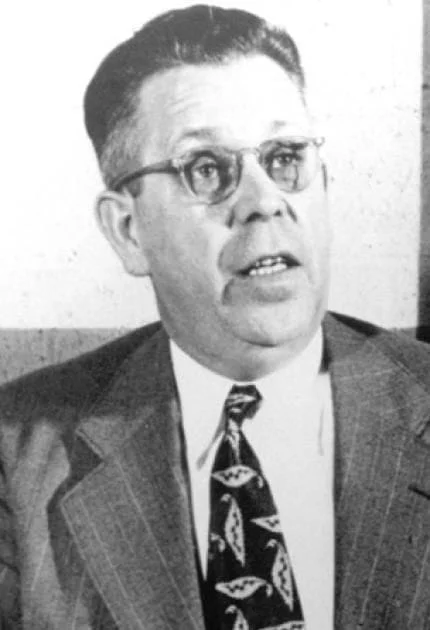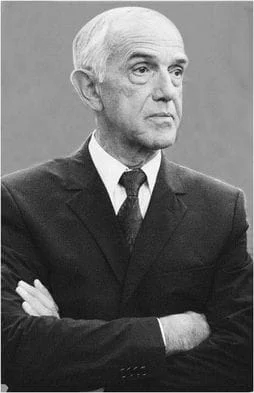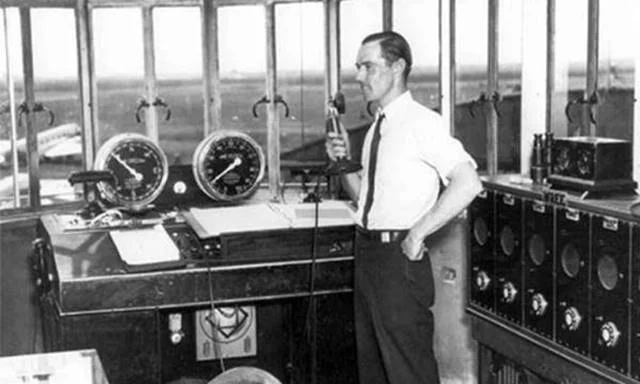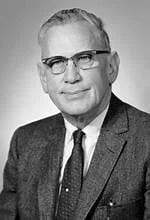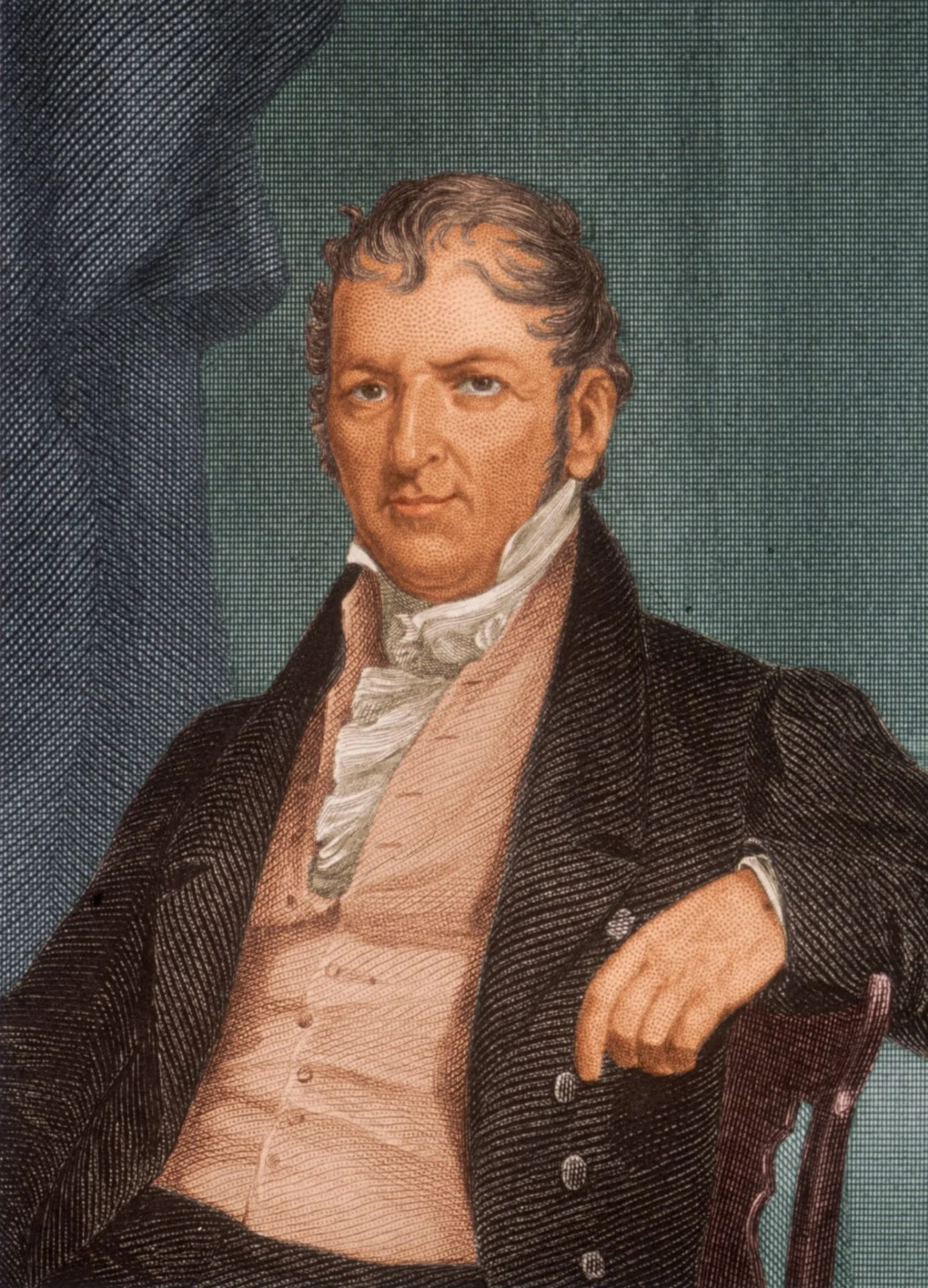Real Celebrities Never Die!
OR
Search For Past Celebrities Whose Birthday You Share
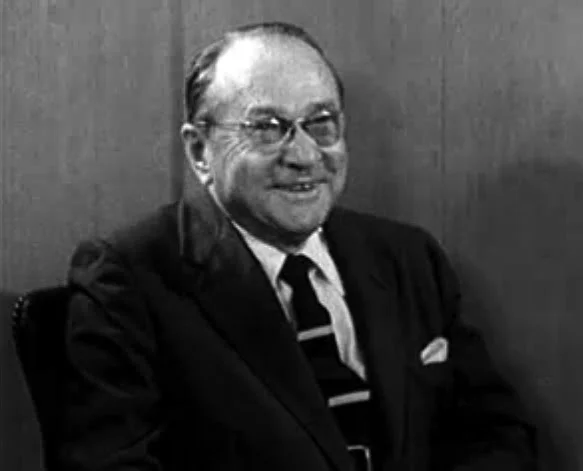
source:wikipedia.org
Vladimir K. Zworykin
Birthday:
29 Jul, 1888
Date of Death:
29 Jul, 1982
Cause of death:
Natural causes
Nationality:
RussianAmerican
Famous As:
Engineer
Age at the time of death:
94
Vladimir K. Zworykin's Quote's
Early Life and Education
Vladimir K. Zworykin, born on July 29, 1888, in Murom, Russia, was a prominent engineer and inventor who played a crucial role in the development of television and electronic imaging technologies. (There is a lack of clarity about the exact date of birth.) He began his journey in science and technology by studying electrical engineering at the St. Petersburg Institute of Technology. After completing his studies, Zworykin joined the Russian army during World War I and worked on developing radio communication systems.
Immigration to the United States and Further Education
In 1919, Zworykin immigrated to the United States to pursue his scientific interests. He enrolled at the University of Pittsburgh, where he earned his Ph.D. in Physics in 1926. During this time, he became acquainted with the work of Boris Rosing and his experimental television systems, which sparked his interest in the emerging field of television technology.
Joining Westinghouse and Early Research
In 1923, Vladimir K. Zworykin joined the Westinghouse Electric Corporation in Pittsburgh, Pennsylvania. There, he began conducting research on television technology, focusing on the development of an electronic television camera tube. His work at Westinghouse laid the groundwork for his future breakthroughs in electronic imaging.
The Iconoscope: Revolutionizing Television
In 1929, Zworykin patented his most significant innovation, the iconoscope, which became the foundation for electronic television. The iconoscope was the first practical television camera tube capable of converting light patterns into electronic signals. This groundbreaking invention revolutionized the television industry by enabling the transmission and reception of high-quality images.
Further Innovations at RCA
During the 1930s, Zworykin continued his work on television technology at the Radio Corporation of America (RCA). He developed an improved version of the iconoscope called the orthicon, which further enhanced image quality and sensitivity. In 1939, Zworykin and his team at RCA achieved another milestone with the development of the Image Orthicon camera tube, which offered even greater sensitivity and became the standard for television broadcasting.
Advances in Electron Microscopy
Beyond television technology, Zworykin made significant contributions to electron microscopy. In the 1940s, he developed an electron microscope that produced highly detailed images using an electron beam instead of light. This advancement opened new possibilities for scientific research, leading to breakthroughs in various fields.
Award-Winning Career and Recognition
Throughout his career, Vladimir K. Zworykin held numerous patents and received prestigious awards for his contributions to science and engineering. He was honored with the National Medal of Science in 1966 and was inducted into the National Inventors Hall of Fame in 1975.
Retirement and Continued Contributions
After retiring from RCA in 1954, Zworykin remained active in the scientific community as a consultant and advisor. He served on various boards and committees, sharing his expertise and mentoring the next generation of engineers and inventors.
Legacy and Lasting Impact
Vladimir K. Zworykin passed away on July 29, 1982, leaving behind a lasting legacy in television and electronic imaging. His pioneering inventions laid the foundation for modern television technology, revolutionizing the entertainment industry and transforming visual communication. Zworykin’s work cemented his status as one of the most influential figures in the history of electronic engineering.
Name:
Vladimir K. Zworykin
Popular Name:
Vladimir K. Zworykin
Gender:
Male
Cause of Death:
Natural causes
Spouse:
Place of Birth:
Murom, Vladimir Governorate, Russian Empire
Place of Death:
Princeton, New Jersey, U.S
Occupation / Profession:
He began his career in electrical engineering at age nine, repairing equipment on his father's riverboats.
He emigrated to the United States in 1919 and became a naturalized citizen in 1924.
He was awarded the National Medal of Science in 1967 and inducted into the U.S. National Hall of Fame in 1977.
Zworykin held over 120 patents for his numerous inventions.
Zworykin studied under Boris Rosing, who developed an early television system using a mechanical camera and electronic receiver.
Elected to the American Academy of Arts and Sciences
Elected to the American Philosophical Society
Golden Plate Award of the American Academy of Achievement
Honorary vice president of RCA
Howard N. Potts Medal
Morris Liebmann Memorial Prize
National Medal of Science

